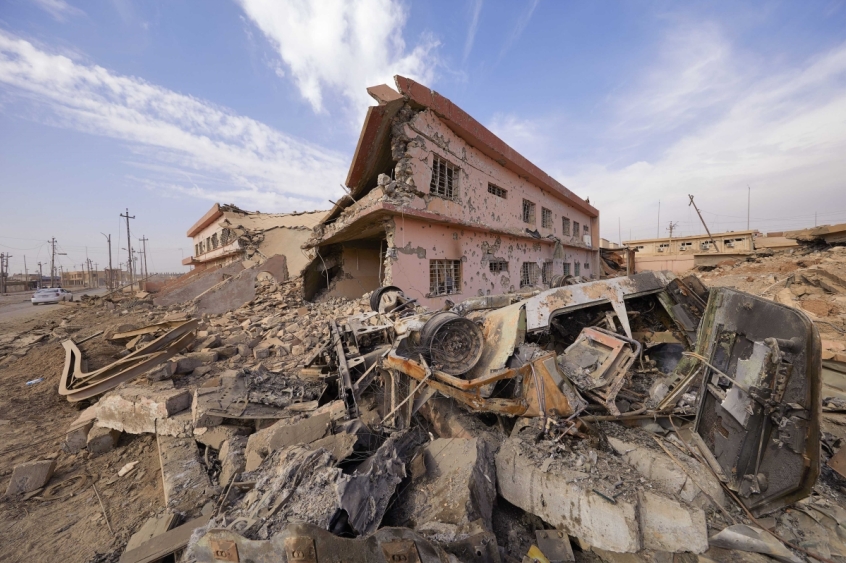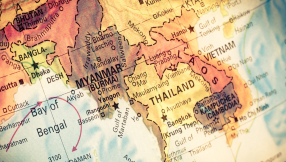
Christian rights organisations were in Parliament this week as part of an event celebrating the recent decision of the UN to establish 22 August as the International Day Commemorating the Victims of Acts of Violence Based on Religion or Belief.
The event was joined by Aid to the Church in Need (ACN), Christian Solidarity Worldwide (CSW), the Prime Minister's Special Envoy on Freedom of Religion or Belief, Lord Ahmad, and the Coptic Orthodox Archbishop of London, Archbishop Angaelos.
Lord Ahmad said it was important not only that people be allowed to have a faith, but that they also be able to practise it.
"There is a difference between respecting the religion and respecting someone's right for that individual to practise that religion. You can disagree with a person's religion but not their right to practise it," he said.
The resolution that led to August 22 being given special status strongly condemns acts of violence against individuals' homes, businesses and properties because of their beliefs, as well as attacks on schools, cultural centres, places of worship and shrines.
CSW's UN Officer Claire Denman said that the international community had a responsibility to protect and promote religious freedom.
"As I think we are all acutely aware, religiously-motivated violence is a common violation of the right to freedom of religion or belief (FoRB)," she said.
"Preventing such acts and ensuring that perpetrators are brought to justice are critical steps in guaranteeing the full right FoRB for all."
She said that the day of commemoration needed to be accompanied by a "call to action" to raise awareness of the "severity and pervasiveness" of religiously-motivated violence and bring people together in finding solutions.
"My hope is that this day will serve as an opportunity to not only address ongoing egregious violations of violence based on religion or belief but also facilitate discussions on how to tackle prevailing climates of impunity," she said.
John Pontifex, media officer at ACN, agreed that there was a "responsibility on the world to act".
He commended the findings of the former Foreign Secretary's review into Christian persecution, which recognises the problem of religious illiteracy in the Foreign and Commonwealth Office.
He said that "ignorance" about religious persecution explained why so many people of faith were suffering and that there was a need not only for the international community to act but to "act quickly".
Without this, he warned that there was a real risk of Christianity dying out in places like Iraq.
"Help is urgently needed for the victims of persecution – not just Christians but so many others urgently in need of emergency aid," he said.
"There is a need to redouble efforts to help Christians, Yazidis, Ahmadi Muslims and so many other minorities to survive persecution. What they need is food, medicine, shelter, they need to rebuild their homes, they need security, they need to know they belong. It is a huge task.
"If the International Day Commemorating Victims of Acts of Violence Based on Religious Freedom is to have any meaningful impact, it is to galvanise the nations of the world to come together in acting for those who are persecuted – to bind up their wounds, to resettle the faithful in their communities, to ensure a return to law and order and to bring the perpetrators to justice and."
He added: "All of us have for some time now been warning of an end to Christianity in Iraq and elsewhere. The time for talking is over; it is time to act."









